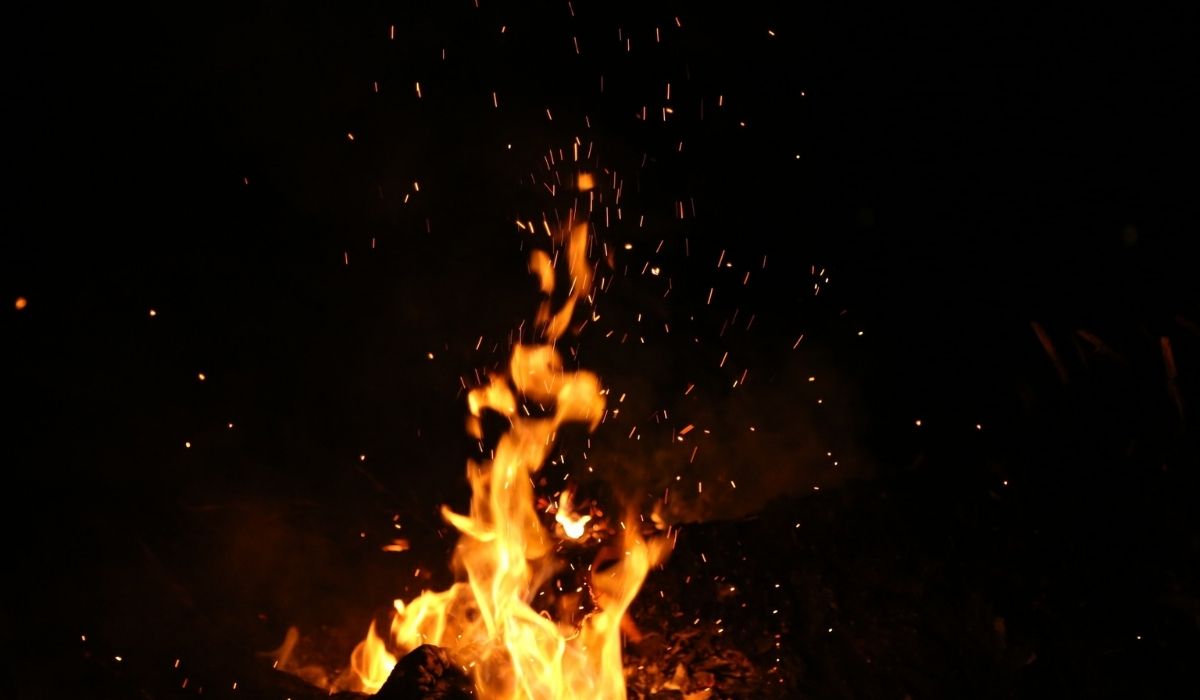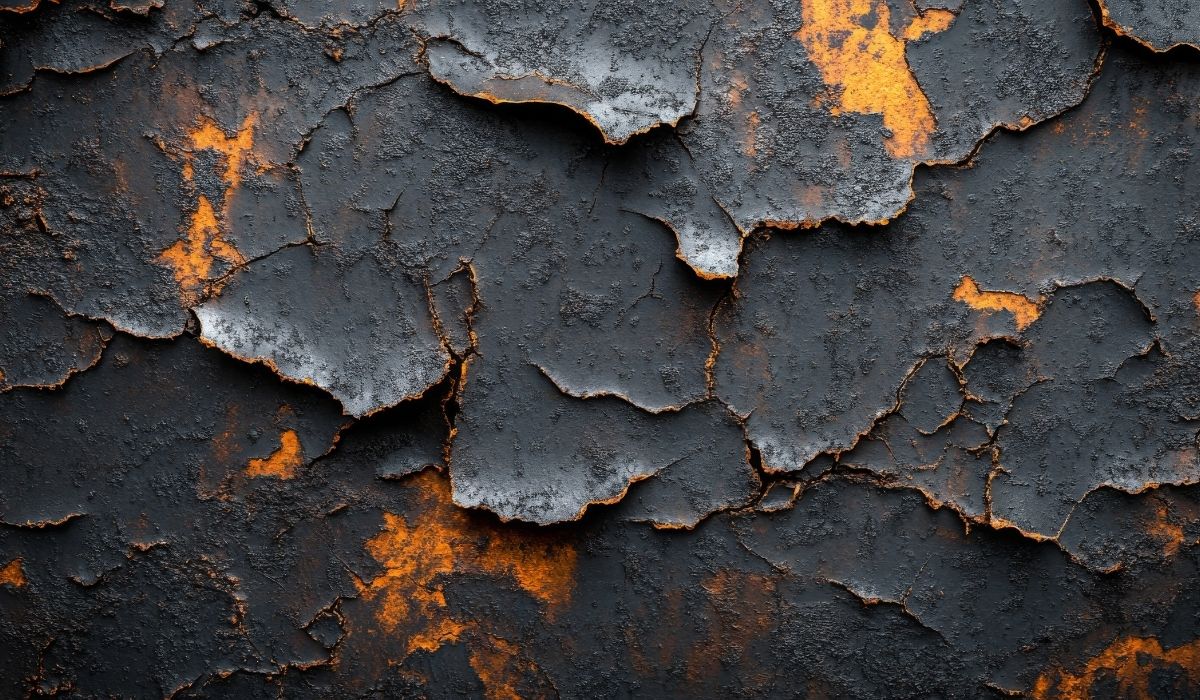Can Smoke Damage Electronics? What You Should Know
What Happens During a Fire?
When things burn, they go through combustion. This creates smoke, heat, soot, and often water from sprinklers or fire hoses. Even if the fire damage looks small, the smoke damage may be big. Electronics are sensitive. Just a little smoke, moisture, or dust can cause failure.
How Smoke Damages Electronics
Smoke Particles Stick to Metal and Plastic
Smoke has tiny particles that stick to surfaces. Inside your electronics, these particles land on wires, chips, and printed circuit boards. This can cause:
Short circuits
Corrosion of metal parts
Blocked cooling fans
Soot and Acidic Residue
Soot is black and sticky. It can melt into plastic or coat electrical parts. Some smoke also contains acid. This acidic material eats away at parts, especially when mixed with humidity or moisture. That makes electronics fail even faster.
Heat and Humidity
Even if your device didn’t catch fire, high heat can warp pieces inside. Combined with humidity from water or steam, this raises the risk of leakage, damage, or data loss.
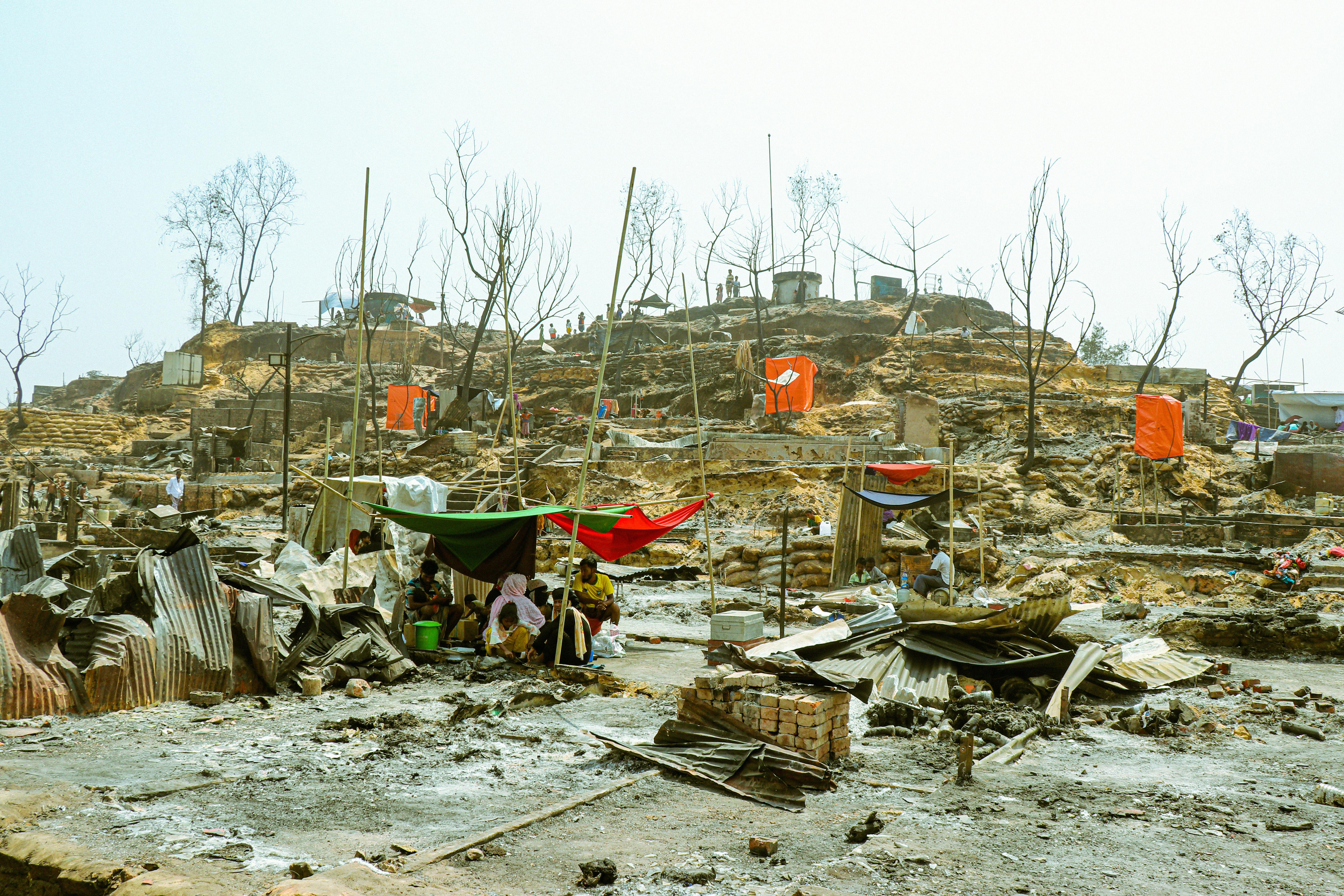
Common Electronics Affected by Smoke
Laptops and desktops
TVs and home cinema systems
Refrigerators, ovens, microwaves
Smoke detectors
Air conditioners and compressors
Game consoles and routers
All of these contain sensitive electronics, wiring, and metal parts. Even slight contamination can cause a failure later.
What About Odor and Contamination?
Smoke carries an awful odor that sticks around. Even if a device turns on, that smell may never leave. More importantly, it means smoke contamination is inside. This hidden damage is a hazard—especially for breathing or for devices that heat up during use.
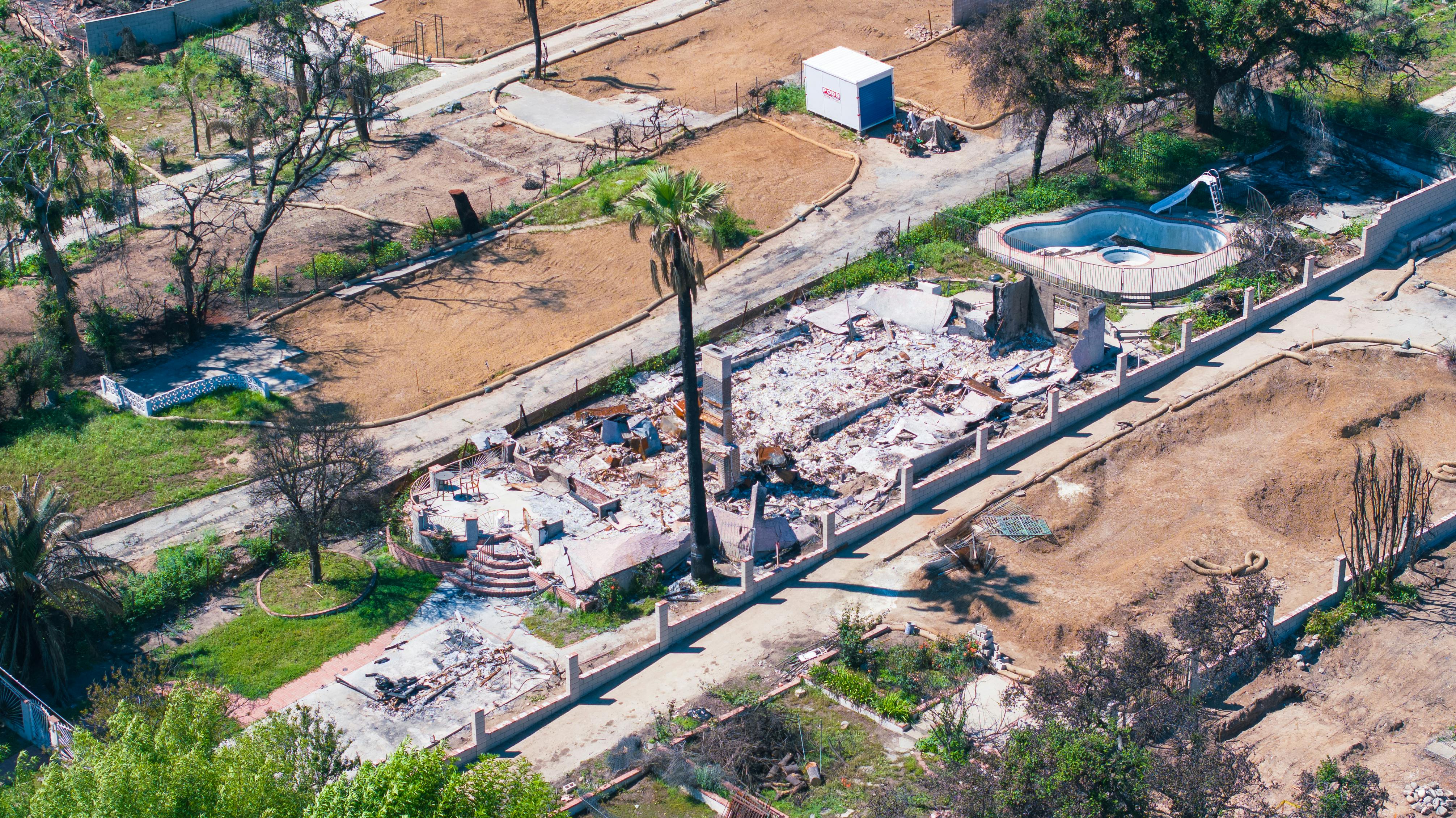
Does Home Insurance Cover Smoke Damage to Electronics?
Yes, many home insurance policies do cover damage from fire and smoke. If your electronics were affected by:
Soot or smoke
Heat or flames
Water damage from fire hoses
You may be able to file a claim. Contact your insurance company right away and take photos of the damage.
Some policies cover fire damage restoration or replacement of damaged equipment. Keep all receipts and check if your electronics had an active warranty.
Why You Shouldn’t Use Electronics After a Fire
You may be tempted to plug in your laptop or TV to see if it still works. Don’t! Smoke and dust inside the machine can cause a short circuit or spark a second fire. Let a trained restoration team handle the cleanup.
How to Clean Smoke Damage from Electronics
Step 1: Turn Off and Unplug
Always unplug the item. Do not turn it on, even for a second.
Step 2: Let It Air Out
Move it to a dry room with good airflow. This helps with moisture and odor.
Step 3: Get Professional Cleaning
Call a fire damage restoration or electronics restoration service. They’ll use tools to remove:
Soot
Corrosion
Dust and contamination
Lingering odor
They might also use anti-static cleaners and take apart the device for deep cleaning.
Step 4: Test Before Using
Only power up the device if the experts say it’s safe. Ask them to test for:
Data safety
Short circuits
Internal leakage
Wiring damage
Water and Smoke: A Double Problem
If your home also had a flood or used water to fight the fire, your electronics face both water damage and smoke damage. That means more corrosion, mold, and risk of short circuit.
Electronics near a fire might be okay on the outside but ruined inside. Devices like compressors, fridges, or AC units often have hidden damage that gets worse over time.
How Restoration Experts Help
Professionals use special tools to:
Clean soot and acid residue
Dry out moisture
Deodorize and filter air
Replace damaged wire or metal parts
Recover important data if possible
Restoration teams also work with your insurance company to file claims and show what was saved or lost.
Preventing Future Damage
Install a Smoke Detector
Early alerts give you more time to act and call 911.
Check Wiring and Electricity
Old or bad wire can start fires. Update your home’s electricity system to prevent sparks.
Fire Safety Tips
Don’t leave cooking food alone
Keep flammable stuff away from heat
Avoid overloading plugs and extension cords
Keep Electronics Elevated
Don’t place devices on the floor. This protects from both water and flood damage.
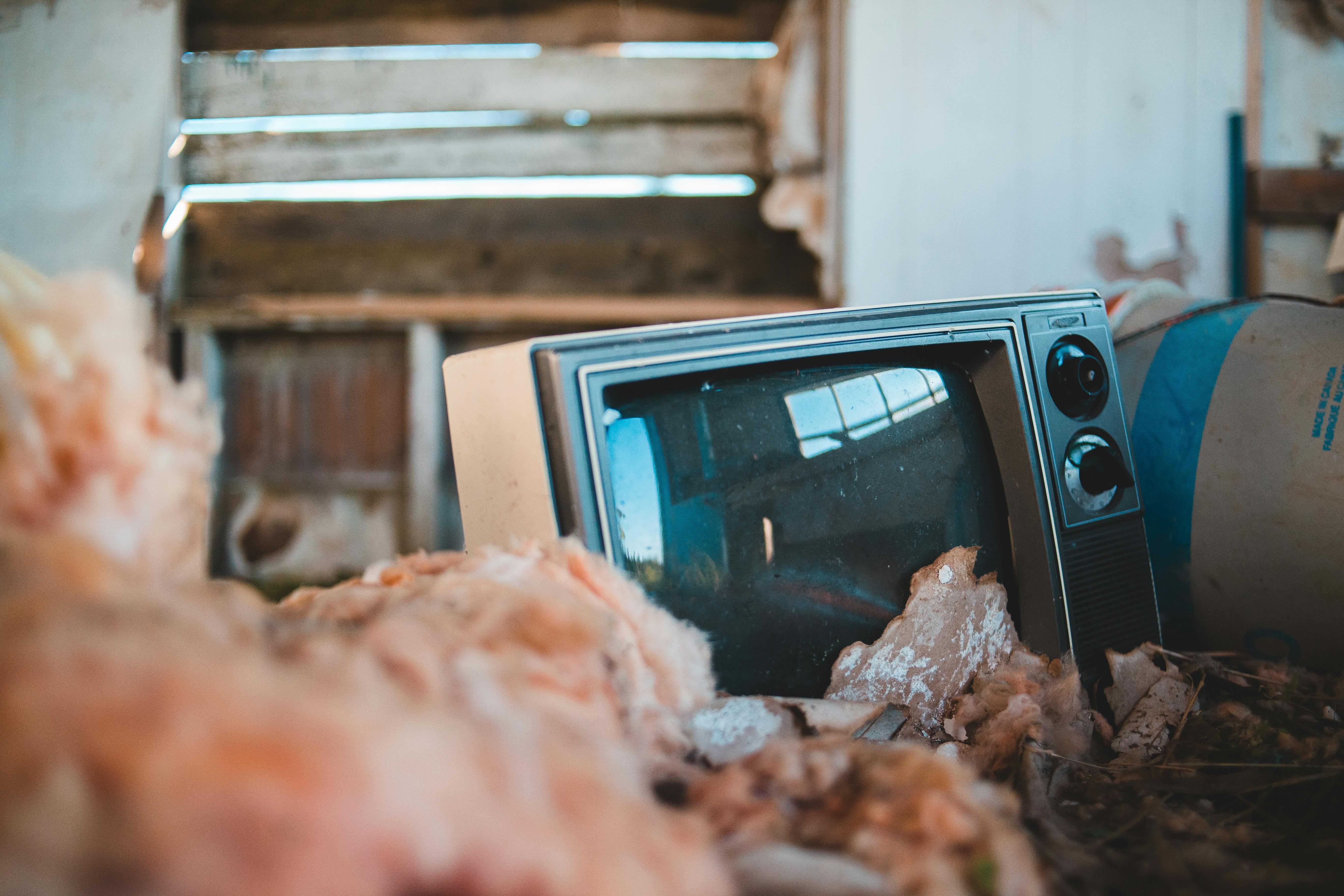
FAQs
Can smoke really destroy electronics?
Yes, smoke leaves behind soot, acid, and moisture that damage metal, wires, and internal parts.
Will my home insurance pay for smoke-damaged devices?
Most home insurance covers electronics harmed by fire, smoke, or water during a fire.
Is it safe to clean smoke-damaged electronics myself?
No. It’s best to call a restoration expert to avoid causing more damage or losing your warranty.
Why does my laptop smell like smoke after a fire?
The smoke odor shows your laptop has contamination inside. This can mean hidden damage too.
What should I do first after a fire affects my home?
Call your insurance company, take photos, and contact a fire damage restoration team to inspect everything, including your electronics.
Smoke may not seem powerful, but it can cause serious harm to your electronics—even ones far away from the actual flames. From short circuits to corrosion, the risks are real. If you’ve had a fire or even a close call, have your electronics checked out by professionals and talk to your insurance provider about what’s covered. Protecting your devices starts with knowing the dangers of smoke—and acting fast.
Visit your nearby local emergency responder or contact us today for more information.
Table of Contents
EXCELLENTVerified A straight up honest broker who knows his stuff. Excellent communication and very helpful problem solving our mold issuePosted onVerified Giving Eric a 5-star review, and we haven't even started any work yet. He came to gave us his professional opinion and quote to address a mold issue in our house. He is clearly very knowledgeable. His opinion was wildly different than the previous estimate we received, from an agency that wanted to charge us about 4 times as much. He did a much more thorough assessment, and explained his reasoning for why he felt that our issue wasn't as extreme as the previous agency. He even gave us some suggestions as to how we could address our issue on our own, if need be. He doesn't appear "out to get you"... there are a lot of companies that work off the "mold is gold" motto, but he doesn't seem to be one of them. If we end up going with him for the job, we'll update the review... but, I was just so happy and relieved with his approach, estimate, knowledge, and his overall professionalism. Glad there are still people like this out there!Posted onVerified Eric and his team were prompt and professional. From diagnosis through cleanup they were very thorough.Posted onVerified Above and beyond expectations. Eric and his team were not only helpful, kind, and relatable to our issues, they were extremely professional and reliable. Always answered our calls. Showed up on time with great attitudes. Respected our home. Most importantly, got the job done in a fast and timely manner. Can't recommend enough.Posted onVerified We had a leak under the kitchen sink and called another company first. We were told there is mold and they would have to tent the area to remove it and that we'd also need a whole new cabinet. Of course, it was pretty expensive and they said we couldn't use the kitchen for a couple weeks. Feeling it's always wise to get more than one estimate, I called Preferred Restoration as they had excellent reviews. Eric replied promptly and came out to look things over. He felt the mold wasn't bad enough to require a tent and also felt a whole new cabinet was not required. Needless to say, we accepted his estimate immediately and the work was done in a professional manner. (They don't do the carpentry work, but can make a recommendation.) I highly recommend Preferred Restoration. I believe it's an honest company with skilled professionals.Posted onVerified Eric the owner was great to work and keep me informed the entire time that the moisture was being removed from my home. Highly recommend Eric and his team for any job!Posted onVerified Right from the start I knew I was going to be in good hands with this company. The response time was super quick and getting Eric to come out to my home to assess the situation was quicker than expected. Eric was very knowledgeable and answered all my questions thoroughly. He took his time to listen to all my concerns to carefully address the issues in my home. He made a stressful situation feel less stressful and manageable. I definitely recommend this company and will contact Eric if needed in the future. Thanks again Eric!Posted onVerified We discovered a mold issue in one of our bedrooms and reached out to Preferred Restoration Services for guidance. Eric was extremely helpful in helping us navigate what needed to be done since we had no experience with this type of issue. He shepherded us through the process and helped us understand every step that needed to be performed. He referred us to a couple of contractors which we used for plumbing and testing and they were also excellent. This was helpful so that we didn't have to figure out who else we needed to work with and vet them as well. Everyone from Preferred Restoration Services was very professional, communication was excellent, and customer service was outstanding. We had a lot of questions and they were all answered very quickly. I highly recommend Preferred Restoration Services for any damage restoration needs.Posted onVerified Preferred Restoration is the best service in town! If you want quality, fair pricing & guidance, call Preferred Restoration! Ask for Eric, he is very helpful and quick.Posted onVerified We had an issue with a sewer line that leaked and potentially needed some soil remediation under the house. I gave Eric a call and made an appointment for the next day for him to come out and assess the situation. Throughout the process his communication was great and he was on time (even gave me a call to let me know he was on his way). He went above an beyond to even check inside the house for potential water damage/mold. We did not have to move forward with any remediation. I appreciate Eric's communication, thoroughness, and HONESTY. We will keep his contact if we need any work in the future. I highly recommend Eric and Preferred Restoration!


